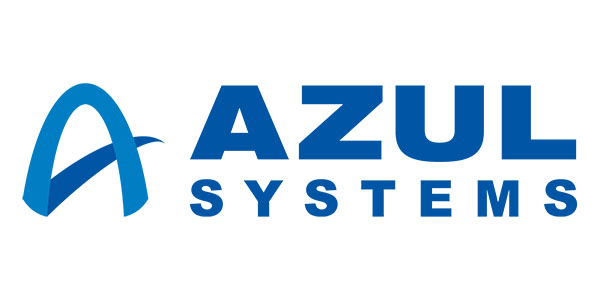
A Red Hat Enterprise Linux subscription includes OpenJDK as the default Java development and runtime environment. OpenJDK is the open source implementation of the Java SE specification. Red Hat introduced support for OpenJDK 6 in 2010 with Red Hat Enterprise Linux 6. This includes the distribution of multiple JVM/JDK offerings to its customers, as well as the support of the JBoss Middleware portfolio on multiple JVM/JDK offerings. Red Hat offers various flavors of Java with its subscriptions.
#AZUL OPENJDK LICENSE FULL#
For a full list of supported configurations, see JBoss Enterprise Application Platform (EAP) 7 Supported Configurations.Īdditional Information about Red Hat and Java Red Hat JBoss Middleware certifies and supports not only Red Hat build of OpenJDK, but also supports many other JVMs.Customers are responsible for complying with these licenses.


#AZUL OPENJDK LICENSE LICENSE#
Access to Oracle Java SE, including updates, is available via the “Oracle Java” channels in the Red Hat Customer Portal and is subject to the licensing obligations set forth in the applicable end user license agreement. IBM Java SDK is subject to the licensing obligations set forth in the applicable IBM end user license agreement.
#AZUL OPENJDK LICENSE WINDOWS#

This document provides an overview of the Java related options Red Hat offers its customers. Starting in 2013, when the new lifecycle policy for Oracle JDK 6 End of Public Updates was introduced, a number of articles and questions have been raised about Java’s ongoing status in the marketplace. Red Hat has a long history of providing Java with Red Hat Enterprise Linux and with our JBoss Middleware portfolio. Red Hat JBoss Enterprise Application Platform (EAP) 7 Supported Configurations has precedence - given it is feed directly by PM/Prod Eng more frequently. The article Red Hat JBoss Enterprise Application Platform (EAP) 7 Supported Configurations has precedence over the description below.


 0 kommentar(er)
0 kommentar(er)
